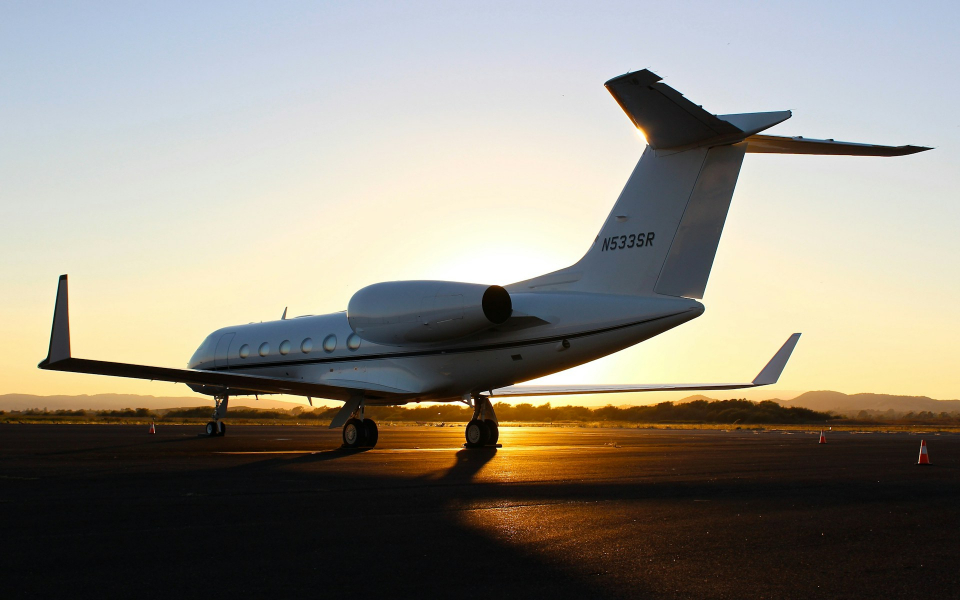The newly appointed CEO of Starbucks Corporation
What Happened: Starbucks has made arrangements for Niccol to work remotely from his Newport Beach home and commute weekly to the Seattle headquarters using a corporate jet.
Niccol, despite not being required to permanently relocate to Seattle, is expected to frequently visit stores and engage with employees, considering Starbucks' global reach, reports CNN.
This commuting arrangement, however, has raised eyebrows due to the environmental impact of private jet travel.
According to the Institute for Policy Studies, private jets, despite burning less fuel than commercial jets, consume approximately ten times more fuel per passenger mile due to their limited capacity.
"Brian Niccol has proven himself to be one of the most effective leaders in our industry, generating significant financial returns over many years," a Starbucks spokesperson told the outlet.
"We're confident in his experience and ability to serve as the leader of our global business and brand, delivering long-term, enduring value for our partners, customers and shareholders," the spokesperson added.
Environmental advocacy group Greenpeace has condemned this arrangement, labeling it as "unacceptable" and has initiated a petition to ban private jets.
Niccol, formerly the head of Chipotle, has been assigned the responsibility of enhancing Starbucks' performance.
His remuneration package includes a $1.6 million base salary, a $10 million signing bonus, and potential additional earnings based on the company's annual performance.
According to the report, Niccol is eligible to use Starbucks' company plane for business related and personal travel "up to a maximum of $250,000 per year which amount will be based on the aggregate incremental cost to the Company."
Why It Matters: The decision of Starbucks' new CEO to commute via a private jet has raised environmental concerns at a time when many corporations are striving to reduce their carbon footprint.
This move could potentially harm Starbucks' reputation, especially among environmentally conscious consumers.
The criticism from Greenpeace further amplifies these concerns. It remains to be seen how Starbucks will address this issue and balance its operational needs with its environmental responsibilities.










